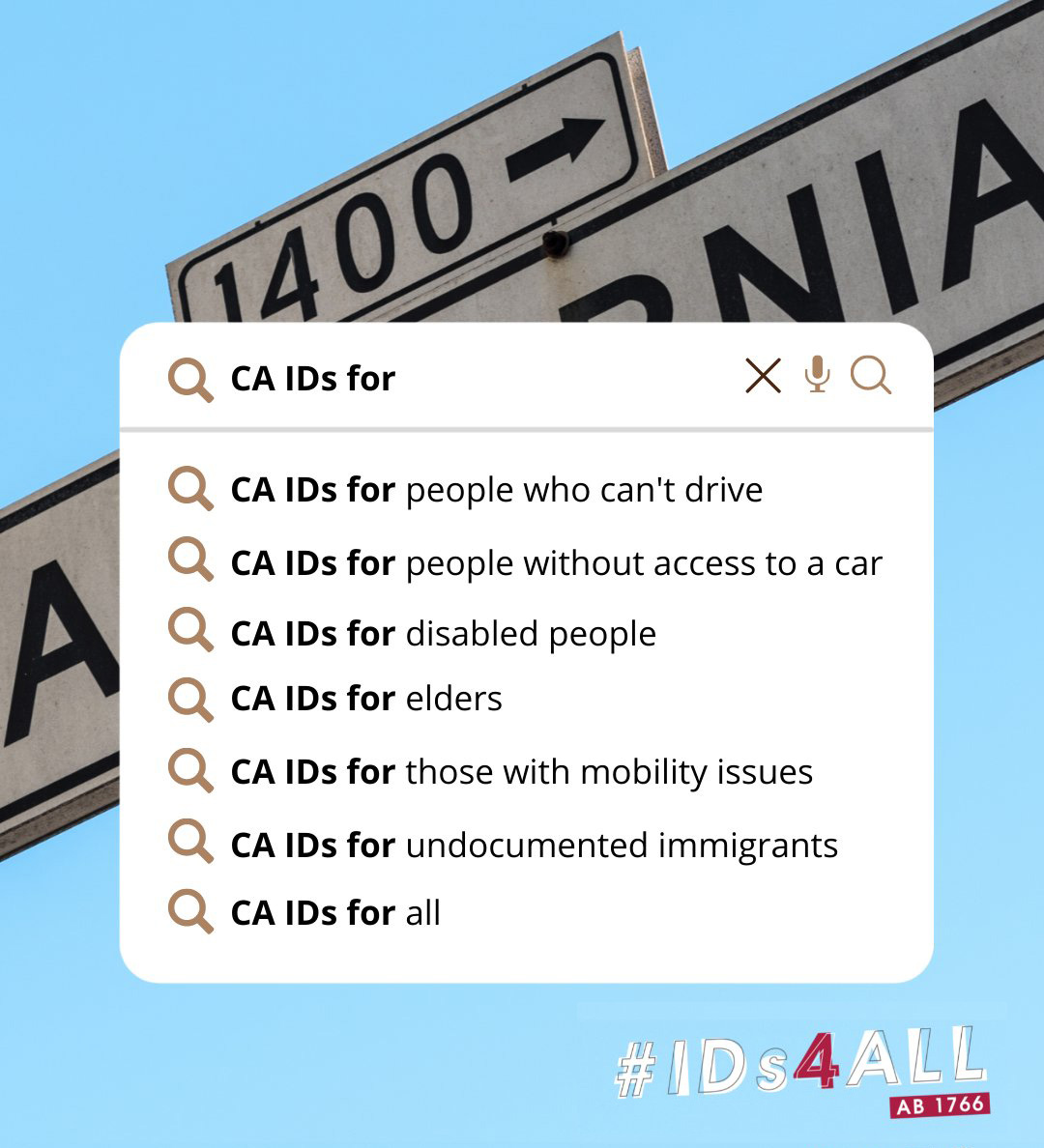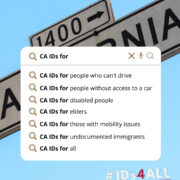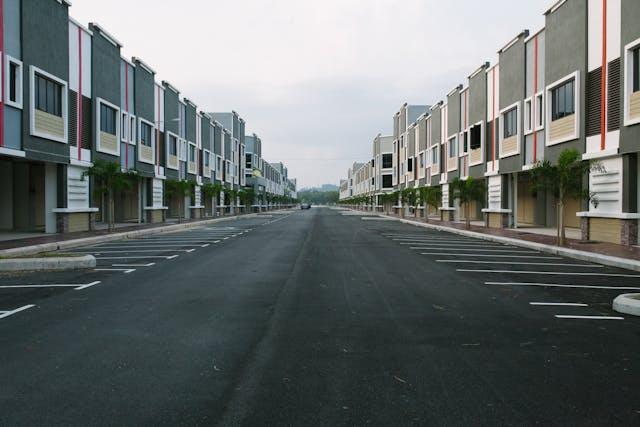
Estimated 1.6 million undocumented residents will benefit
CALIFORNIA lawmakers and a coalition of advocates are rallying behind a bill that will expand access to state-issued identification cards to undocumented nondriver residents.
During a press conference on Friday, July 5, Asian Americans Advancing Justice – California, California Immigrant Policy Center (CIPC), Immigrant Legal Resource Center (ILRC), and the Coalition for Humane Immigrant Rights (CHIRLA) came together to call on the state legislature to pass Assembly Bill 1766.
“As one of the co-sponsors of AB 1766, we have seen firsthand what it means for those who cannot access an official identification card,” said Connie Chung Joe, CEO Asian Americans Advancing Justice Southern California. “It’s not only morally wrong to deny these residents what most of us take for granted like opening a bank account and registering our children for school, but nonsensical to withhold the State ID for non-drivers when undocumented residents can obtain a driver’s license.”
Under AB 60, passed in 2013, more than one million undocumented residents in California have been able to obtain a driver’s license. However, advocates point out that the bill falls short in applying to undocumented residents who don’t have access to a car or the ability to take a driving test.
The proposed bill, AB 1766, would provide state-issued IDs to those left out by AB 60, including women, elders, people with disabilities, and formerly incarcerated individuals.
“More than 1.6 million undocumented CA residents would benefit from expanding state-issued IDs to non-driver residents,” said Assemblymember Reggie Jones-Sawyer (D-South Los Angeles) and author of AB 1766. “The passage of AB 1766 will bring equity to those who have been unable to access basic life essentials because they have no legally recognized identification. We must close the gap and allow all Californians to obtain a state identification card.”
Many Californians without state identification rely on gym memberships or college/university IDs, if available to them. Others may use a foreign passport to verify their identity, but this can put them at risk by revealing they are foreign nationals living in the U.S. Those most impacted by not having access to a government identification card are the elderly, women, individuals with disabilities, and those who were formerly incarcerated.
Lourdes, an undocumented California resident providing only her first name to preserve anonymity said, “We are afraid to use our passports to identify ourselves because we are not sure who we are sharing our information and how they will use this information.”
Survivors of domestic violence who lack proper documentation or a government-issued ID are far less likely to leave their abuser. We know this impacts many Californians as rates of domestic violence are almost three times the national average for immigrant and undocumented women, according to the National Organization for Women Foundation.
“If I had access to a government ID, I wouldn’t have endured years of domestic abuse,” said Ms. Yoon, an elderly client of Asian Americans Advancing Justice Southern California who does not own a car and is therefore ineligible for an AB 60 ID. “Having an ID is so important because I lost my courage and I was afraid I wouldn’t have a safe place to go.” n






